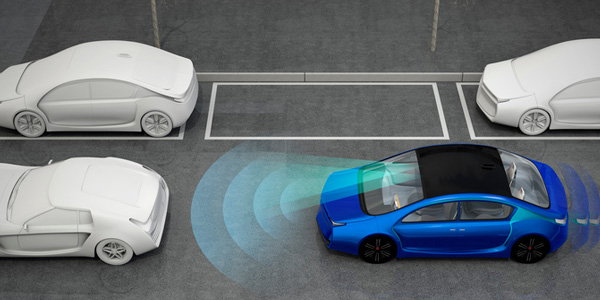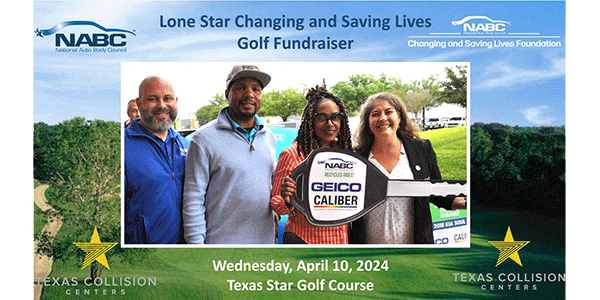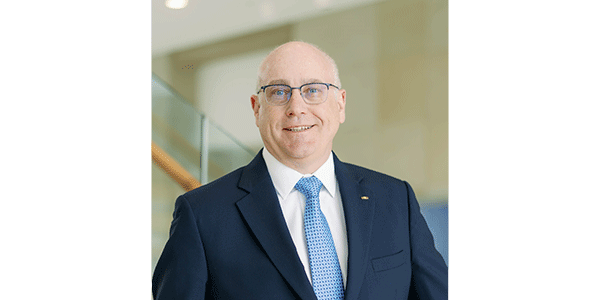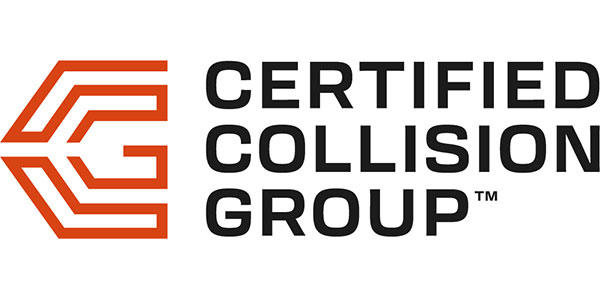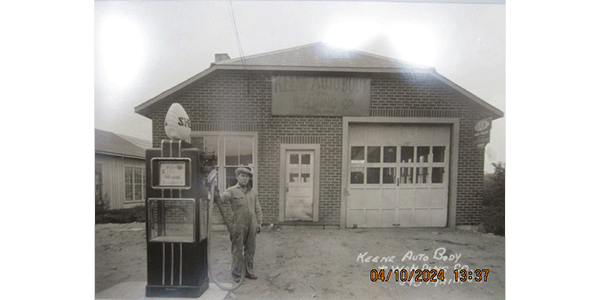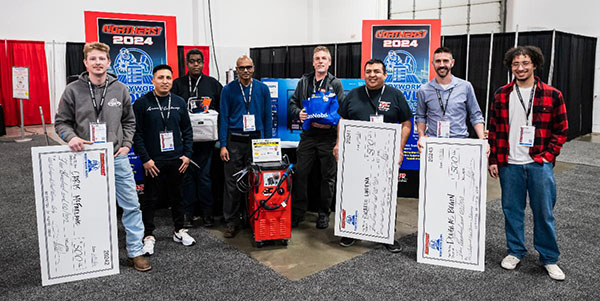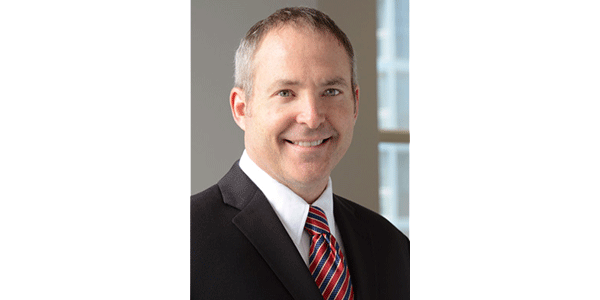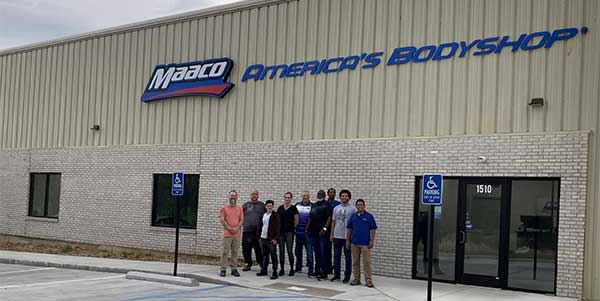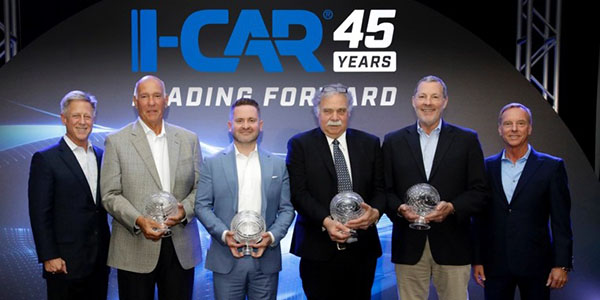Disengagement reports from companies testing autonomous cars on California’s public roads show that driverless vehicles are not ready to be deployed without human drivers who can take control when the self-driving technology fails, according to the group Consumer Watchdog.
The California Department of Motor Vehicles requires every manufacturer testing autonomous vehicles on California roads to submit annual reports on the number of disengagements during testing. The agency defines disengagement as any instance in which a driver deactivates the autonomous mode because of a system failure or because disengaging the driverless mode is necessary to safely operate the vehicle.
Consumer Watchdog points to several reports. For example, Google’s Waymo said its automated technology failed 124 times in 635,868 miles, while Delphi reported 178 failures in 3,125 miles.
“Despite the self-serving hype of the manufacturers, robot technology simply isn’t ready for our roads without hands-on, behind-the-wheel engagement and supervision by a human driver,” said John Simpson, Consumer Watchdog’s privacy project director.
Trouble with Construction Zones, Overhanging Branches
The report from Waymo demonstrates the shortcomings, Consumer Watchdog said. Its report showed the driverless cars had problems dealing with others on the road, construction zones and correctly perceiving their surroundings. In the past, Google has said that its automated cars had difficulty correctly perceiving overhanging branches. There also were software glitches and times when the test driver took over because the car made an unwanted maneuver.
Waymo’s driverless cars logged 635,868 miles on California’s roads in self-driving mode during the 2016 reporting period, substantially more than any other company testing in the state. That compares to 414,331 miles in the 2015 reporting period. Waymo said disengagements declined from 341 to 124, or 0.8 per 1,000 miles, compared to 0.2 per 1,000 miles. Most of the disengagements – 112 – came on local streets, not highways or freeways.
Delphi reported that its test cars drove 3,125 miles in self-driving mode and had 178 disengagements. Reasons given for disengaging included construction zones, lane changing in heavy traffic, emergency vehicles, poor lane markings, pedestrians, cyclists, failure to detect a traffic light and unexpected behavior from another driver.
“While there has been an improvement, the reports show the robots simply aren’t ready to be released to roam our roads without human drivers,” Simpson said.
Twenty-one companies hold permits for testing autonomous vehicles in California. Consumer Watchdog praised the Department of Motor Vehicles for requiring and posting the disengagement reports.
“It’s the only way the public can find out what’s happening when companies use public roads as their laboratories,” said Simpson. He added that test cars involved in an accident should be required to make public video and technical data about the incident.
Among the disengagement reports:
- Ford reported three disengagements in 590 miles.
- BMW reported one disengagement in 638 miles.
- GM Cruise reported that its autonomous cars drove 10,014.94 miles and had 284 disengagements.
- Mercedes-Benz reported 336 disengagements in 673 miles.
- Nissan reported 28 disengagements in 4,099 miles.
- Tesla said it tested four vehicles in October and November totaling 550 miles in self-driving mode, with 182 disengagements.
- Bosch said its cars drove 980.8 miles and had 1,442 disengagements.
The disengagement reports for 2016 are available on the California DMV website.

